Should you install the Windows 11 2022 Update right away?
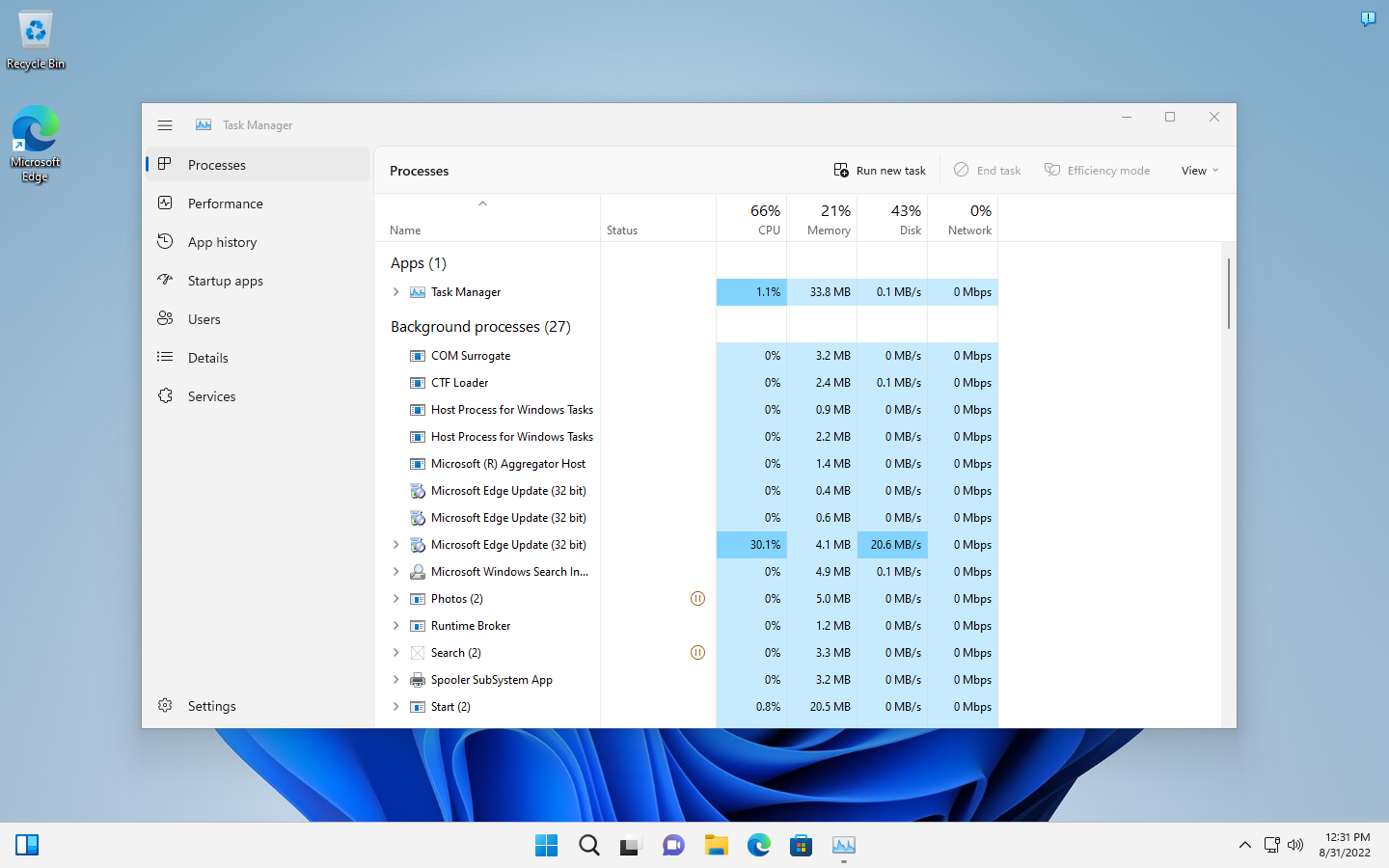
Microsoft has not announced the official release date for the first Windows 11 feature update yet, but hints suggests that it may drop on September 20, 2022. With the release of a new feature update comes a question: should you install the Windows 11 2022 Update right away on your Windows 11 PCs, or should you wait?

Note that feature updates are rolled out in waves. It is possible that it is not offered to a specific device right away.
While it may be tempting to install the latest and, hopefully, greatest version of Windows 11 right away, there are valid reasons for skipping the first wave. On the positive side, Microsoft did test the feature update for Windows 11 for months and resolved plenty of bugs in the process.
Windows 11 2022 Update includes several improvements to key areas. If you have followed our ongoing series, you know about changes to the Start Menu, taskbar, Snap Assist, File Explorer, Task Manager and gaming already.
The changes improve certain core features of the operating system, which is nice, but Microsoft fails to deliver a killer-feature that would give early-adopters an incentive to upgrade right away.
There are downsides to being a first-wave adopter. Probably the biggest is that there will be bugs that were missed during beta testing. In the past, bugs introduced in feature updates have caused all kinds of issues for users. From systems that did not boot at all anymore over data loss to apps failing to start.
Updates may fail to install. The upcoming Windows 11 version 22H2 feature update should install faster than previous feature updates for Windows 10, with the exception of the "no-feature" feature updates of Windows 10, but it will still take some time to install.
It is a good idea to create a system backup to be prepared for any of these issues that may occur after updating to Windows 11 version 22H2. Windows includes restore options, but these turned out to be less reliable than they should be over and over again.
Microsoft blocks updates on systems affected by confirmed issues. So called Safeguard Holds are designed to protect customer machines from issues. Businesses get even better protection as Microsoft will block updates on systems with "likely issues" as well. On home machines, likely issues are not reason for blocking updates.
Closing Words
It is always a good idea to wait with the installation of feature updates until the dust settles. While it may be tempting to install the latest and greatest right away, Windows 11 2022 Update does not include many features that warrant that. Windows 11 customers, who don't mind, should create a backup before they start the upgrade.
To answer the title question: no, in most cases, it is better to wait a month or two before installing feature updates.
Now You: how do you handle feature updates on Windows 10 or 11 devices?




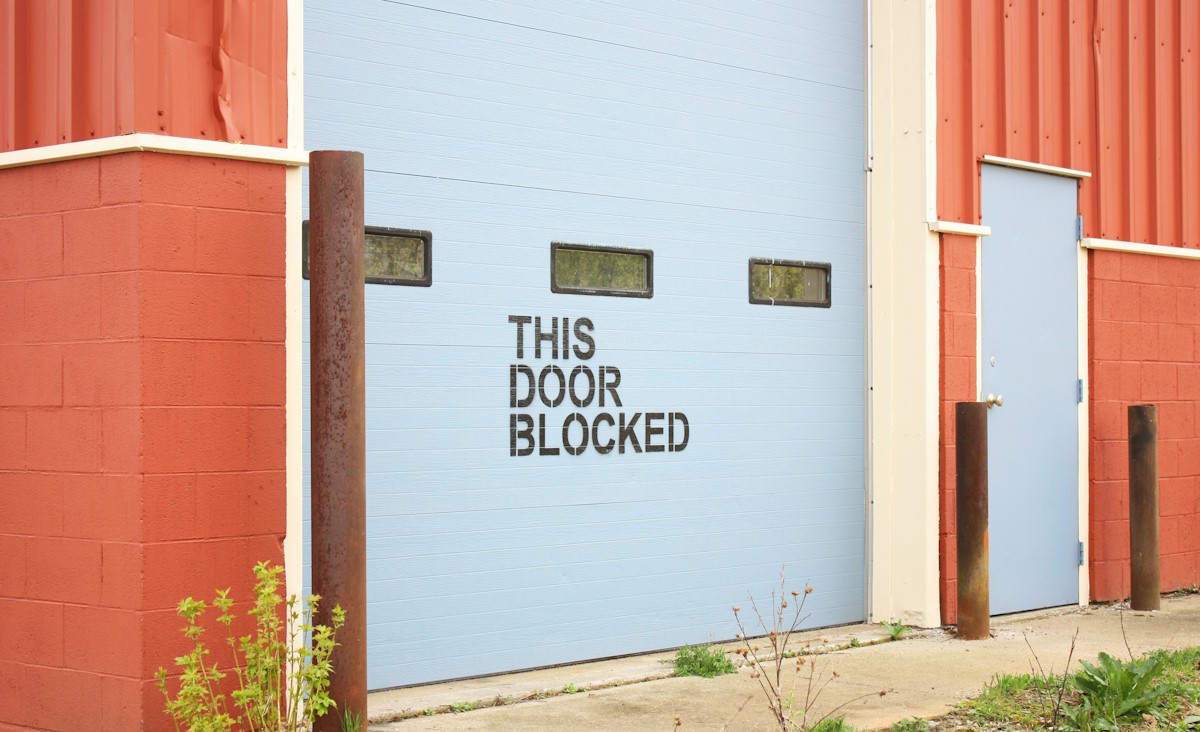


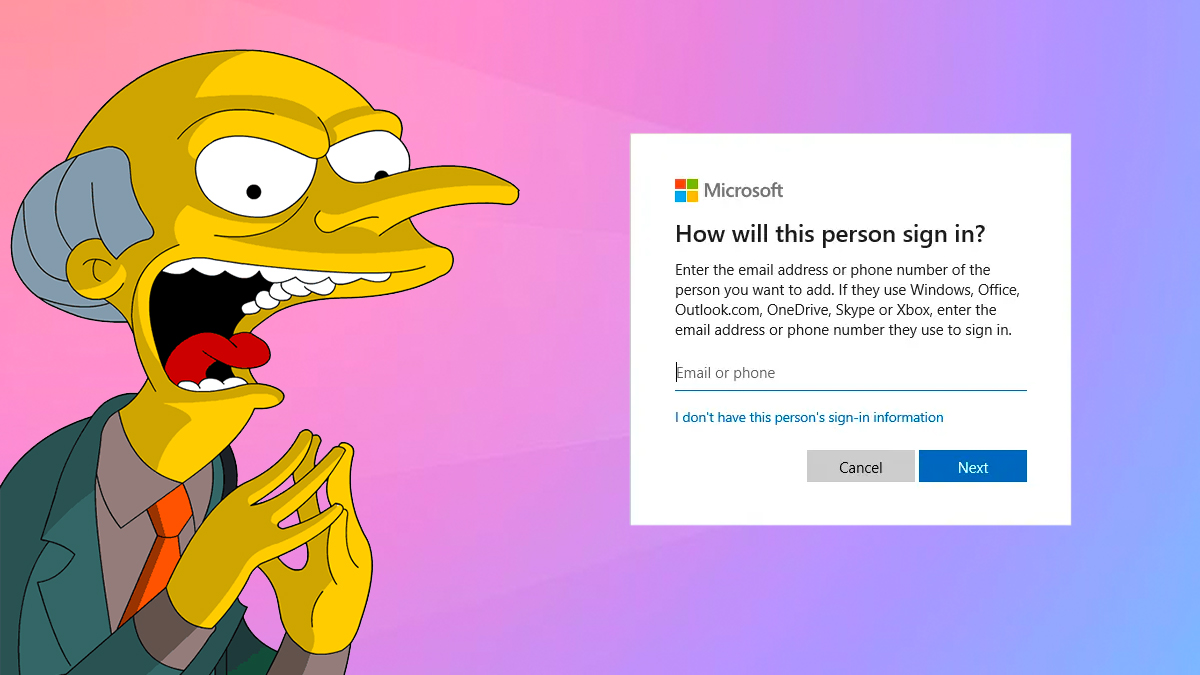


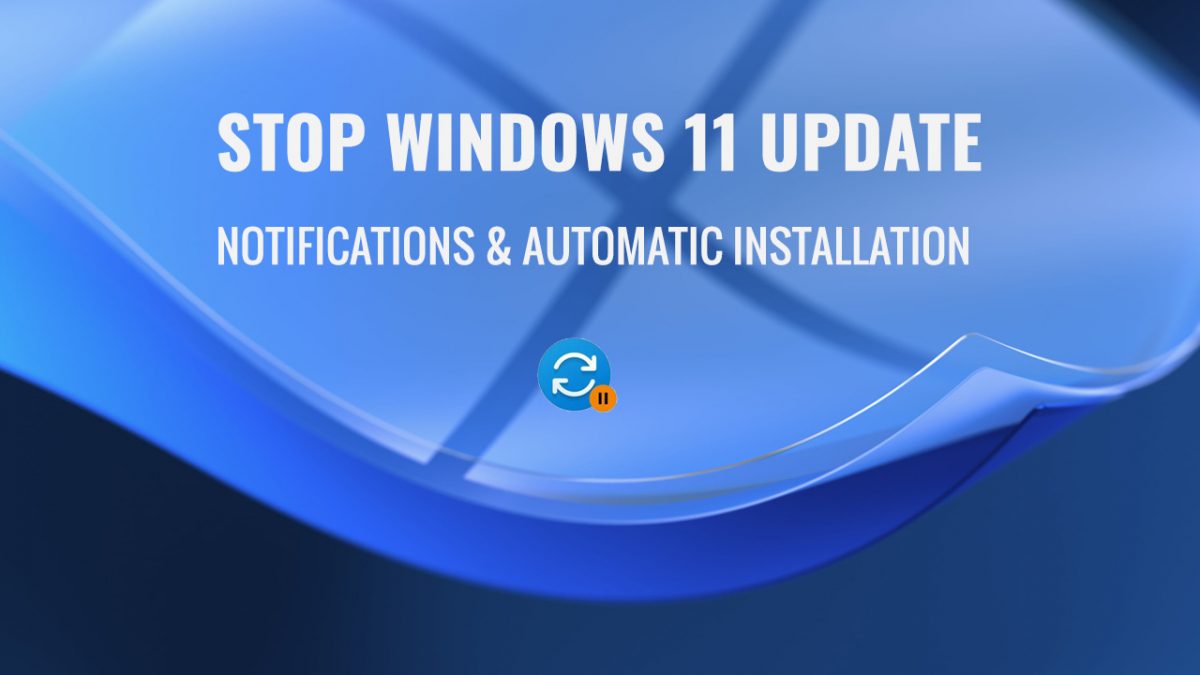
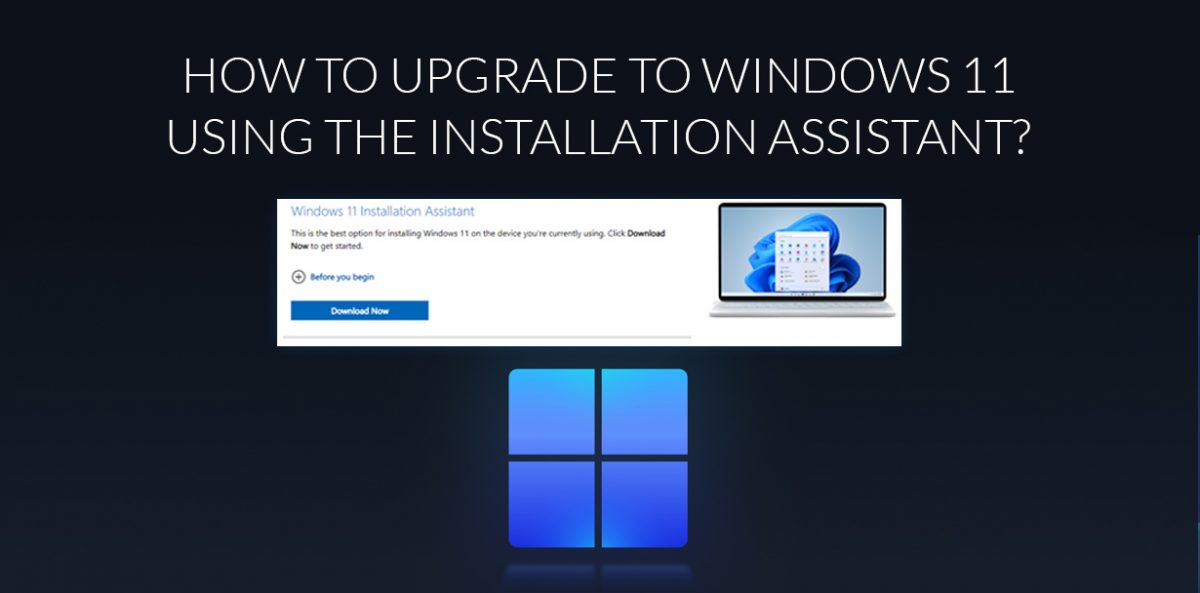











@Martin
Did you miss the Windows Defender bug that caused a virus alert very time a chromium based browser was opened?
They did fix it quickly. People with systems on full auto may have never noticed it.
I experienced it and a simple manual check for updates in ‘Virus and threat protection updates” took care of it.
I did not miss it, but decided against writing an article, as many sites reported on it already and because it has been fixed quickly.
WIN 10 FOREVER ? TO 12 ?
Another list of changes coming–some I missed on gHacks:
https://www.itechtics.com/windows-11-22h2/
Question: So the “new and improved” version of Windows 11 will have a new .iso for installation? Does MS update .iso’s with all the security and feature updates provided? It would basically mean a new OS.
I’m thinking if there is a completely new .iso of the build, an updated Windows 11 .iso, then I’ll wait for the new .iso and perform a “non-destructive” reinstall. Of course, this also means making a full system image backup, not a simple restore point.
I prefer Macrium, but others use whatever you like.
Q: “how do you handle feature updates on Windows 10 or 11 devices?”
A: With Windows computers, I always stick to the system version the hardware came with. So the laptop I happen to use for writing this comment, basically still has the very same system it had when I bought it: Win10 Pro v1803 (from 2018, and at first use thoroughly adjusted to my own needs and preferences).
I have several computers, and I do feel that overall, this never-a-major-update policy does save me quite a lot of time and hassle: not being forced to repeat one’s own changes over and over again, re-adjusting settings, utils etc.
Windows 11 is trash. It made my gaming laptop run horrible after awhile. I had to do a full restore and a fresh install of windows 10. Windows 11 made all my games seem to run like shit it made my laptop act funny it made everything just run like crap. Don’t install windows 11 they need to fix the entire os it’s just not good in my opinion
How to install it for people not on Insider Previews?
Thanks for the article Martin. Good advice to not install immediately.
Let others debug it.
Everything should be better than the current W11. Yesterday I was unable to connect (randomly again) to our home smartTV with a single HDMI connection, for the God’s sake, how can it be possible to fail in such a simply thing like this? Even my father was able to connect using his old mini din rca cables and his old W7. My sister was also able to connect using HDMI and W10 latest version. There is no excuse for such this downgrade, I reinstalled all drivers again and problem still remains, also the printer problems and also the night light that doesn’t work after the last update. Sincerely, everything should be better, seriously. Thanks for the article! :]
There is an excuse and a good one at that.
Windows is a complete monopoly in the desktop and laptop market, having no competition, Microsoft can do whatever the f*ck they want. They can even ship Windows with a welcome message “F*ck you, for paying” and have a smeared sh*t on a wall for wallpaper. And people will still buy it. They will b*tch a lot, there will be tons of outrage, but nobody can do anything about it… all because Windows has no competition.
True.
ABSO-EFFIN-LUTELY. It’s the only version they are focusing on, and things cannot possibly get any worse than they already are. Same thing with KDE Plasma, if you stay on the so-called “stable” version you miss out on a lot of features and fixes. The “stable” version is actually the “left behind to rot” version, same goes for windows now.
@avi, in what way, exactly, in your experience?
The UI is more responsive, no more micro slowdowns when navigating Settings and other parts of Windows. Annoying language switch popup no longer exists. Task Manager is actually better (I expected it to be worse). The animations are smoother. New Snap hotkeys, I really like this addition, I never expected Microsoft to add something so useful to the OS at this point. Various minor improvements here and there.
Taskbar elements redraw faster after explorer.exe is restarted.
Task Manager is better.
The UI is more consistent.
Other QoL changes added.
It’s not perfect, in some aspects like Default Apps is still inferior to Windows 10. All in all, e verything is still inferior to Windows 7 to this day.
Windows 11 still does the job and looks better than Windows 8 or Windows 10 as they are going back to the much more pleasant to look at rounded UI and icons with multiple colors and depth. Maybe Windows 12 will look even better and probably be even more annoying and a pain to set up and use than even Windows 11. Who cares really… we can’t do anything by complaining. We can either keep using Windows and STFU about it or move to Linux. Granted, if enough people move to Linux to boost it’s global market share to at least 15-20%, it will definitely make Microsoft go on a run for their money. Most likely they will try to sabotage Linux, since when it gets mainstream support for programs and games, Windows can’t beat it anymore. But realistically, Linux as it is right now is not ready to compete, it just takes a massive amount of people to consciously move to it to make this change, because even if Linux becomes viable on its own, if nobody uses it, it doesn’t matter how good it is.
Keep using Windows 10. As a general guideline, never upgrade to the most recent version of Windows before the next major version is published. Windows 12… Windows 11 is still in the alpha stage. Microsoft is still working to solve what is now running absolutely fine in Windows 10. Perhaps by 2025, 11 will have reached the beta stage.
It’s worth installing even now, not waiting for the release. 22H2 is considerably better than 21H2.